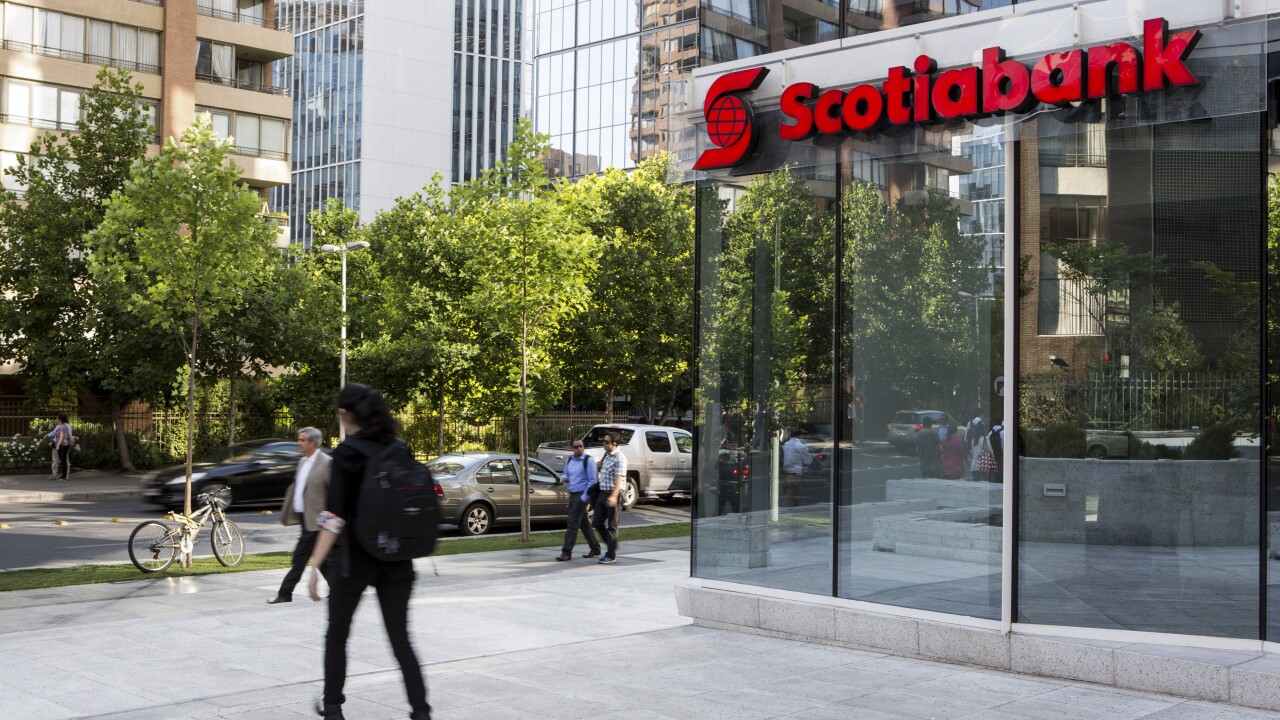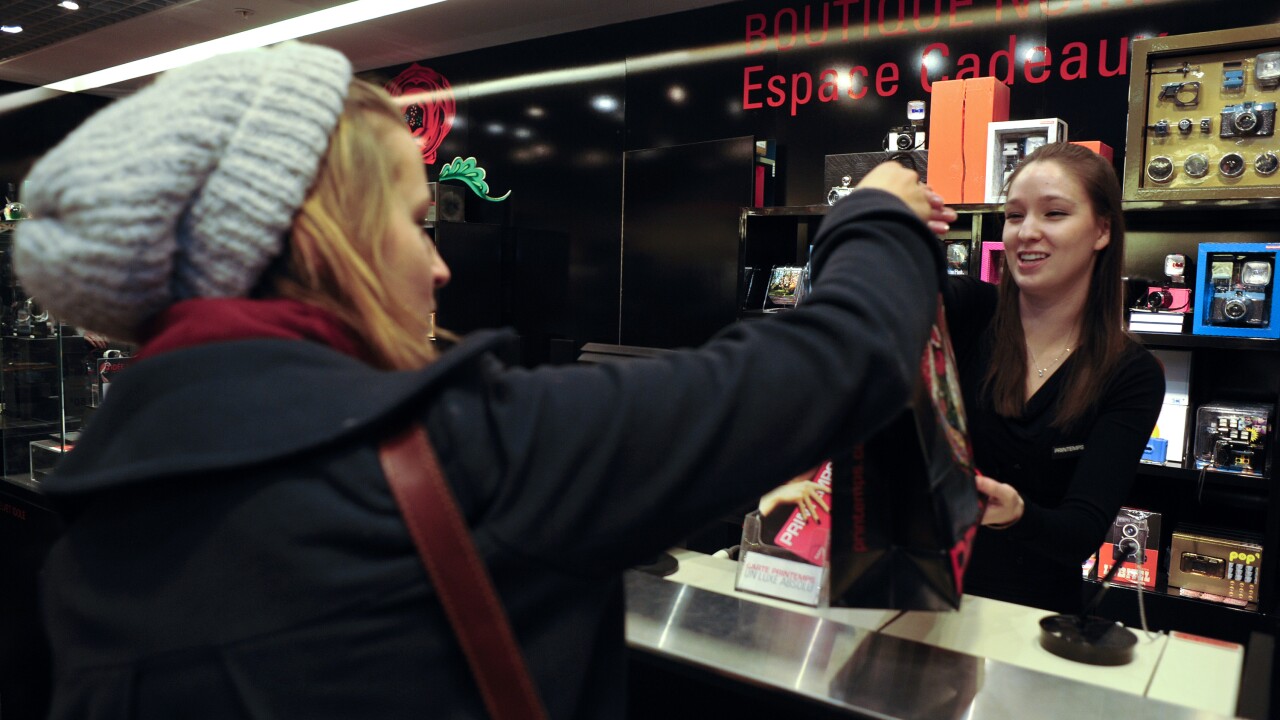- For more content like this, from the industry leader in global payments coverage, please visit
PaymentsSource.com .
The Consumer Financial Protection Bureau is examining PayPal's Venmo unit over its collection practices — a relatively mundane activity compared with some of the more untamed markets PayPal has begun to explore.
The CFPB launched its probe on Jan. 21, a day after President Joe Biden was sworn into office, and PayPal announced it in a
PayPal just completed its best fiscal year ever, boosted not only by the rush to digital payments during the pandemic, but also by rapid adoption of its new cryptocurrency and buy now/pay later offerings.
"The CFPB will take a more aggressive approach to regulating providers of consumer financial services including PayPal and Venmo. And PayPal will have to comply with a bevy of cryptocurrency regulation," said Eric Grover, a principal at Intrepid Ventures.

Cryptocurrencies are a growing product set for payment companies;
The CFPB investigation is a pivot from the agency's more lax approach during the
Venmo in the past
The CFPB under the Biden administration will be focused on consumer rights, with two key priorities being debt collection and scams, said Krista Tedder, head of payments for Javelin Strategy & Research.
PayPal's use of debt collection to recover nonsufficient funds is reminiscent of how banks use the tactic to recover overdrafts for checking and savings accounts, Tedder said. "The way Venmo collects the negative balances will most likely have to be adjusted to meet standards required of financial institutions in similar situations."
Buy now/pay later has become more popular during the pandemic, but has also come under scrutiny in several countries, including the U.K., Australia, Sweden and California. Regulators are concerned consumers may use
As PayPal faces the CFPB probe, it's also scaling back domestic payment processing in India.
PayPal will stop domestic payments in India over the next several months, according to
There's also regulatory challenges in India, given the dominance of the government-run United Payments Interface, which is inexpensive to operate. Walmart and PhonePe in particular have used UPI to expand their payment operations in India.
"With the implementation of the Unified Payment Interface in India, offering internal commerce functions is more complex than in many other markets, and India is overwhelmed with commerce opportunities from other players," said Thad Peterson, a senior analyst at Aite. Gaining critical mass and scale in that market is a challenge, he said. "By focusing on cross-border in India, PayPal is reverting to its global strength and maintaining their brand in a critical market without the complexity of trying to work in a complex and competitive space."





